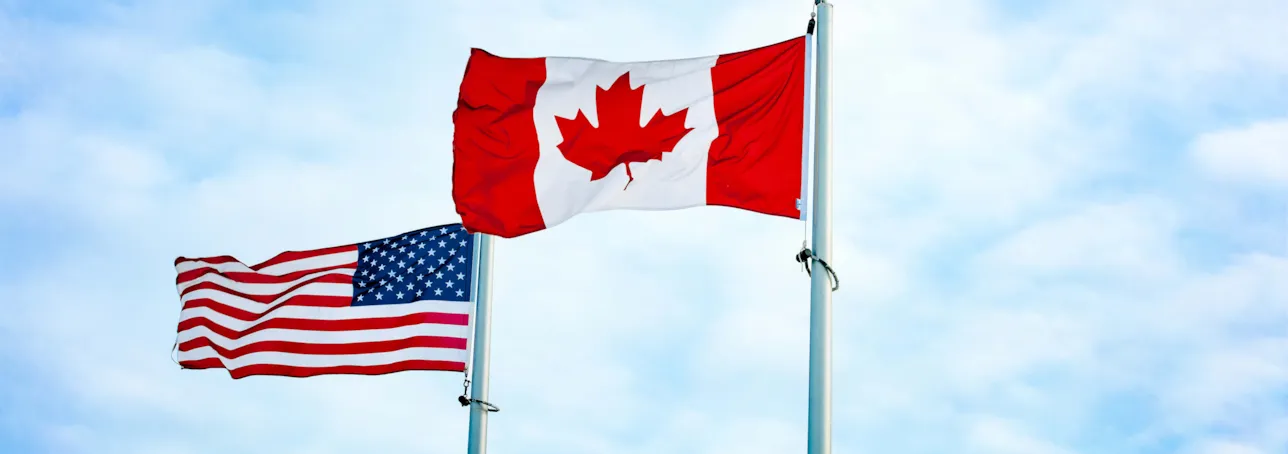Hazardous Locations Certification for USA and Canada
North American Approval is mandatory for products intended to be sold in the USA and/or Canada. The rule stems from the National Electrical Code (NEC), which outlines the US requirements and the Canadian Electrical Code (CEC), which outlines the Canadian requirements.
For North America, products used in explosive atmospheres are required to comply with both, the applicable Hazardous Locations standards, as well as the applicable Ordinary Locations standards for electrical safety.
Technical requirements
Hazardous Location standards can be split down into two: standards for the Division System and the Zone System.
The Class/Division/Group system is based on Article 500 of the National Electrical Code (NEC) and rules J18-000 to J18-072 of the Canadian Electrical code (CEC) where:
- Classes - defines the general nature of the hazardous material in the surrounding atmosphere;
- Divisions - defines the probability of hazardous material being present the surrounding atmosphere;
- Groups - defines the type of the hazardous material in the surrounding atmosphere;
The Zone system is based on Article 505/506 of the National Electrical Code (NEC) and Rules 18-000 to 10-074 of the Canadian Electrical Code (CEC), which follows the international method of area classification as developed by the International Electrotechnical Commission (IEC).
- Zones - defines the general nature (or properties) of the hazardous material - if its gas or dust, and the probability of the hazardous material in the surrounding atmosphere;
- Groups - defines the type of the hazardous material and (partly) the location of the surrounding atmosphere.
Following certification, quarterly factory inspections are required to be carried out at the manufacturing site to ensure the approved product being manufactured continues to comply with the requirements of the applicable standards.
The quarterly factory inspections mentioned above apply only to Full Certification where the product is mass produced, a sample of the product is tested at a laboratory recognized by the certification body, and compliance requirements cover both the product and the factory.
However, it is worth noting that an alternative certification program known as Field Certification is also accepted in Canada and the USA. This service is similar to what is known under the IECEx/ATEX regimes as Unit Verification and is used in situations where the product is custom made, or sold in limited quantity, or already delivered to the installation site without approval. In this case, the unit(s) is evaluated in the field (i.e., on a site determined by the client), and if found in compliance it is labelled on the spot, thus eliminating the need for a quality system and factory inspections.
Relevant schemes and standards
NFPA 70: National Electrical Code (NEC)
Canadian Electrical Code (CEC)
The standards required for North American Approval is dependent on what type of marking you require (Divisions or Zones for Canada and/or the US). But it is important to remember that Ordinary Location standards (covering electrical safety) will always need to be applied:
- For Canada Divisions Approval, the CAN/CSA C22.2 Series Standards and for US Division Approval ANSI/UL or ANSI/ISA or FM Standards are generally used.
- For Canada Zone Approval, the CAN/CSA C22.2 60079 Series Standards and for and US Zone Approval ANSI/UL or ANSI/ISA 60079 Series Standards are general used.
- This can be further simplified if you already have an existing IECEx Certification with valid ExTR’s. If this is the case, then only the National Deviations between the standards need to be applied.
- In the majority of cases the relevant Ordinary Location standards are CAN/CSA 61010 for Canada Approvals and ANSI/UL or ANSI/ISA 61010 for US Approval.
